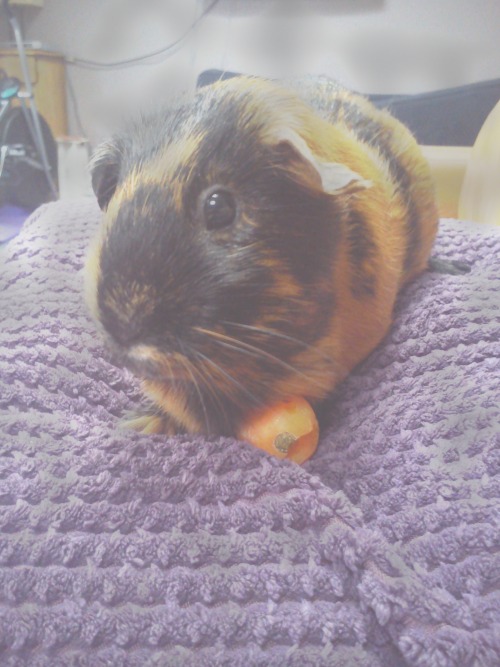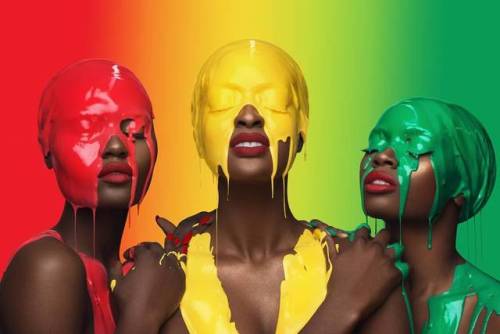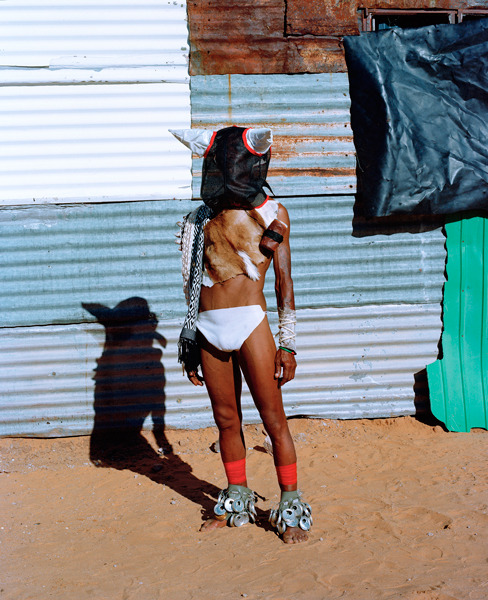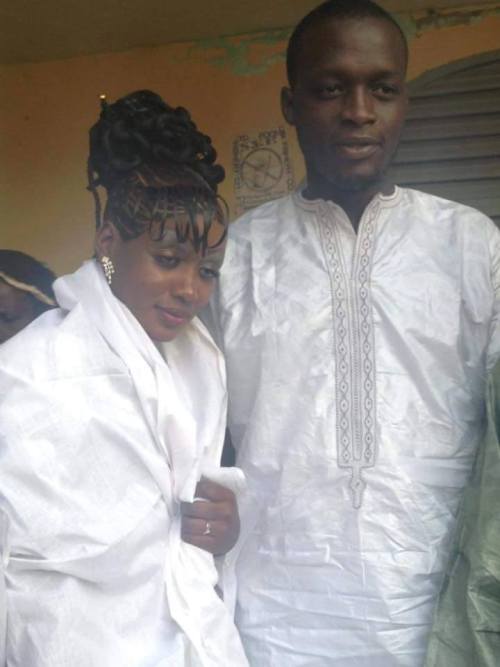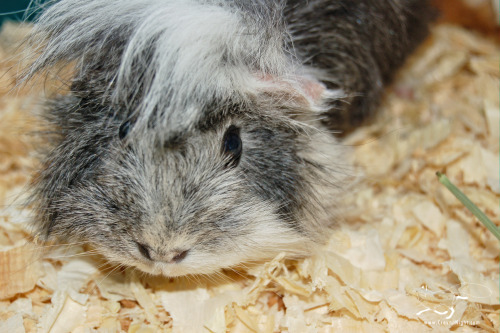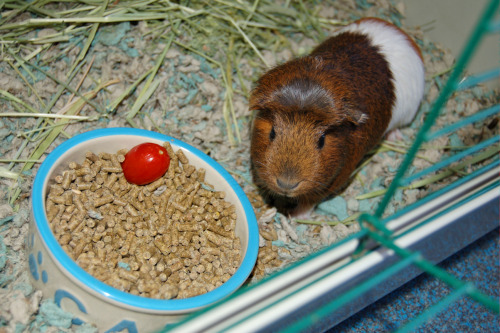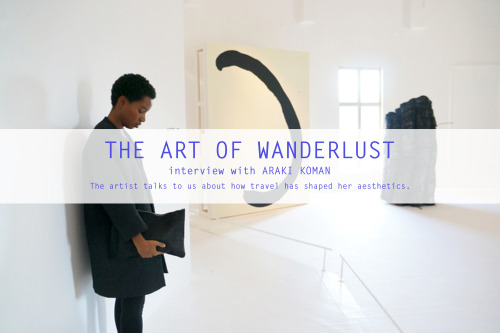#guinea
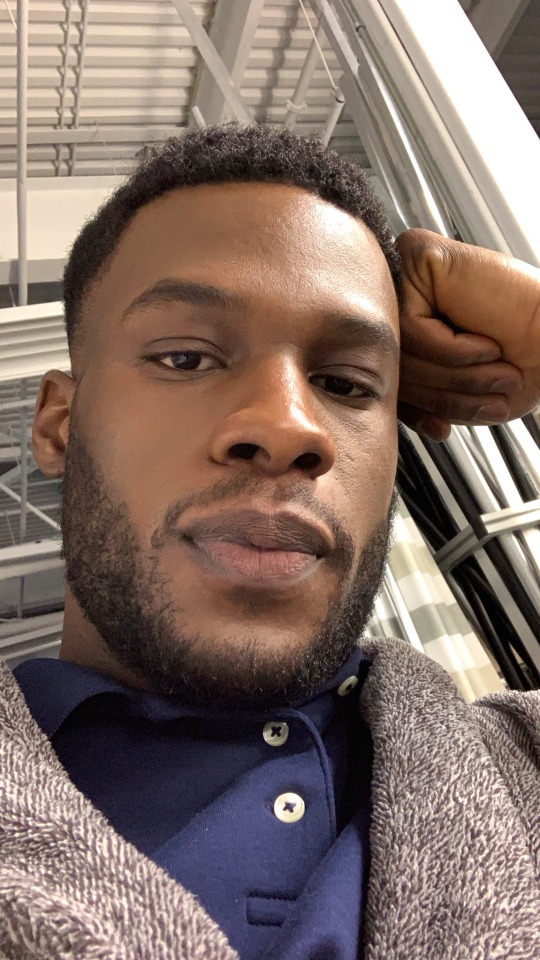
IG yug0h
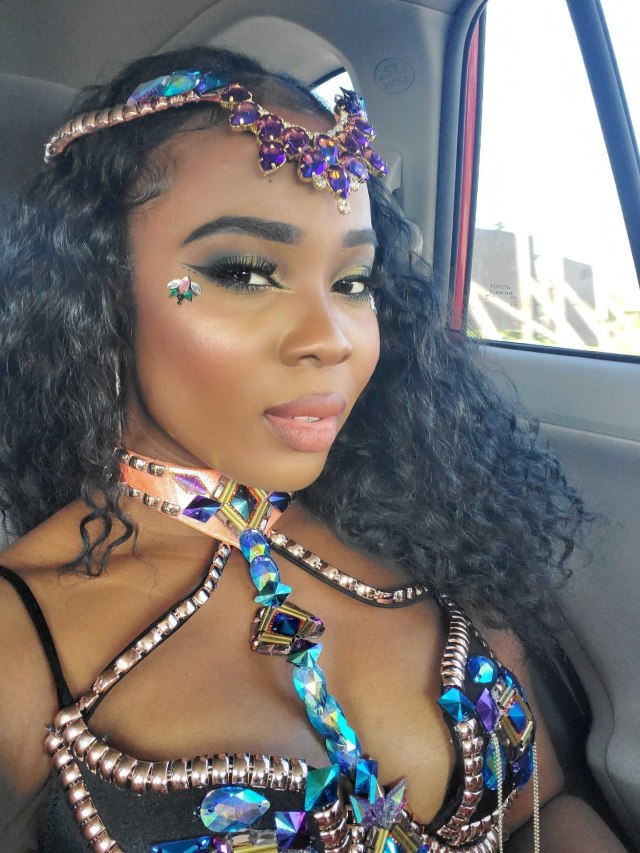
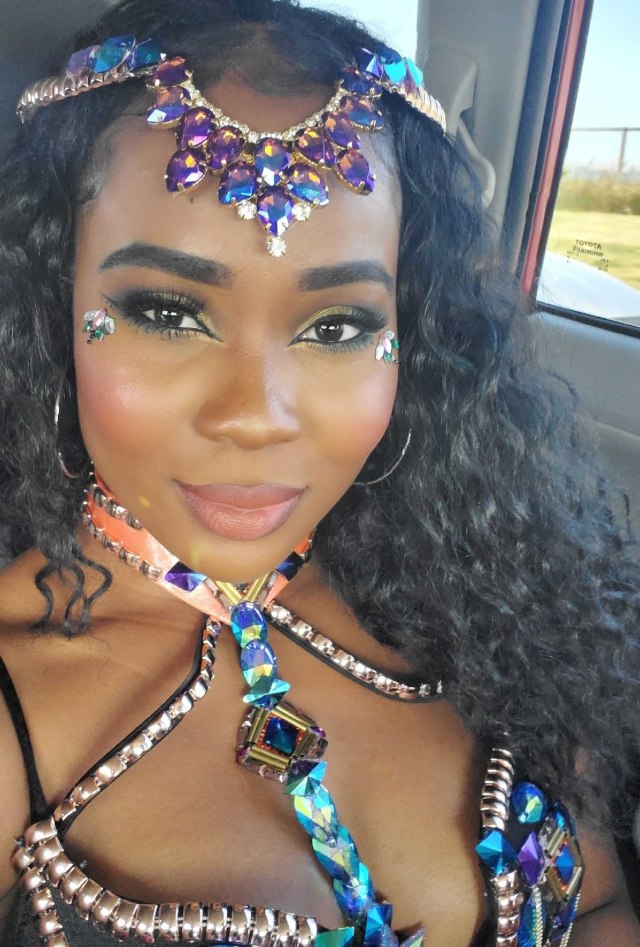
Ig: ennaezaa
Born St.Vincent
Ancestry West African
This is the third and last edition of Overland Trip I Want To Take- explaining theoretical road trips that I’ve recently planned out. The series was inspired by a trip I’m currently planning, but generally I always fantasize about crazy journeys while I have free time. Hopefully in the next few years I’ll take one or more of these and then be able to post about the actual trip!
You can find the other two tours here:
Part 1 (South America)
Part 2 (Eastern Europe)
Western Africa
If I had a choice (and all the money and all the time and guaranteed safety) this is the tour that I would take. West Africa is one of the few parts of the world left for me to explore and so I’m eager to learn about it, see its people, experience its culture, and visit its sites. That said, there are a few reasons why I haven’t made the trip and why it might be hard to do. These reasons are: language, safety, and cost/time.
- Language: Most countries in West Africa are French + local language speaking. I don’t speak French. What actually bothers me with French is that I can understand so much of it because I speak (conversationally) Spanish and Italian. So when I hear French I have a natural impulse to listen to try to figure it out. Usually though, I can’t, and that is frustrating. This would be easy to overcome by having a French-speaking travel companion. I’ll keep it in mind.
- Safety:Though I generally think I travel smart and am thus not too worried about security threats, this is a bit of a volatile part of the world, I don’t have too many contacts there, and again, not knowing the language adds another risk.
- Cost / Time: I put these two together because they’re very dependent on one another- the longer you travel, the more it costs. Traveling overland in West Africa takes a long time because of inefficient roads, lots of borders, and also because cities are so close, the buses stop more often. The itinerary below would take, I imagine, a couple months. Furthermore, though food and hotels generally aren’t too expensive (7 West African countries are on the list of 20 poorest in the world), there is one big expense: visas. Each of the 15 countries in the circular tour below require a visa, with an average cost between them at more than $100- it’s close to $2000! Furthermore, these aren’t visas on arrival- these are visas where you have to go to an embassy beforehand and apply, have a waiting period, etc. Because many of these are small and generally poor nations, there aren’t many embassies around. The best process would be to start in one of the bigger nations in the region (i.e Senegal, Ghana, or Nigeria) and apply from there.
All of this together makes the trip a little bit of a tough sell. Splitting it up into two or three trips would probably make more sense. Either way, it would be important to start somewhere for a couple weeks where you could apply for the other visas, have the money and time to endure all the waiting and bureaucracy, and likely have a French speaker. Because of this, I’ve cut the itinerary up into three parts (red, yellow, and pink) and added the blue as ways they could, theoretically be combined.

Lagos to Abidjan
This would be the easiest section for me to do as English is widely spoken in both Ghana and Nigeria, most of these countries are rather safe, and the road connections are quite straight-forward. The trip could start in Lagos, Nigeria- Sub-Saharan Africa’s largest and one of the fastest growing cities. Nigeria, thanks to oil, has been quickly developing in the recent past, and is now seen as one of the main centers for business in Africa. The route from Lagos to the next locations, the two narrow countries of Togo and Benin, would be quick, only a few hours between each main point all the way to Accra, Ghana. Ghana is the country in West Africa I most want to visit, as I have many friends from high school there and it is famous for its old British colonial forts and a wonderfully preserved jungle. The final jaunt on this section would be a half day trip from Ghana to the Ivory Coast (or Cote d'Ivoire) and its fascinating capital- Abidjan. The second largest city in West Africa, Abidjan has an interesting developmental history as it has somewhat shrunk from past economic and political heights in the past 20 or so years. Supposedly it still holds the charm of a once regional center that is trying to fight its way back.
Monrovia to Dakar
This route would likely be easier (visa wise) starting in Dakar. Either way, this will be a complicated path as the countries here are more of the unknown and tense ones in the region / world. Though Liberia and Sierra Leone both being English-speaking may be useful, they both have long and somewhat recent histories of violence. In many ways this actually makes the nations safer, as disarmament has taken place and people are trying to get over their painful past. Liberia would be great to see as it was actually founded by freed black slave from the USA and it’s capital, Monrovia is named after James Monroe. Moving up North would be the two Guineas: Guinea and Guinea-Bissau. Guinea supposedly has next to no transport infrastructure, so that could a be a harrowing journey trying to navigate through the rather large and diverse nation, but hopefully there would be a way to have some experiences there and then make it to Guinea-Bissau, one of the few Portuguese-speaking countries in Africa (the others being Angola, Mozambique, Sao Tome and Principe, and Cape Verde). The final stretch would be through the tiny nation of Gambia, another English speaking nation, and then on to Dakar, Senegal. Along with Accra, Dakar is the city I most want to see in West Africa, one Christmas a Senegalese friend of mine from boarding school came to spend the holidays with my family, she cooked one night and if what she made then was any indication of what I’d eat in Dakar, I’d go just for the food! Another incentive is that one of my advisors from university works heavily in Senegal and so I’m sure I could talk to some inspiring individuals there.
Nouakchott to Niamey
This part of the trip is really exciting to me because it is through the land that combines French West Africa with the Arab North Africa, though in a much more “untouched” way than people might think of in Morocco, for example. Being a desert region also remind me of my current home, Abu Dhabi, and so it could be eye-opening to see how others (less gaudy than the Gulfis) live in this harsh terrain. Though some might find this section crazy because of the three insanely long (24-50hr) bus rides that would be required, anyone who has read this blog for a while knows my strange obsession with long bus rides, especially in Africa. In fact, the buses might be the highlight of the trip, as much of the things to do in these countries is admire the landscape. The first bus from Nouakchott, Mauritania to Bamako would be the longest, with stories of 2-3 days including breakdowns… From Bamako, Mali it would be great to go up and visit Timbuktu, but currently rebel factions have a hold of it and travel in the North is not advised- hopefully that would change. The next two buses, from Bamako to Ouagadougou (pronounced Waa-gaa-doo-goo) and then onward to Niamey, Niger, would entirely cross Burkina Faso- going from the lush Volta region, through to the Arid west. The final stop, Niamey, is a low lying desert city with a nice river that (along with the mosques) are the main point of interaction. Though the cities along the way may be less than stellar, I think this section would be full of things to learn and reflect on: the identity of Islam in Africa, political economy of landlocked nations, and lots of introspection on those long rides.
So there you have it! A crazy tour through West Africa. If anyone wants to fund it (trip cost + salary deduction for missed time), speaks French, and is a good companion- let me know!
Bonus Trip: In each of the three parts, I’ve included a bonus trip that I haven’t thought through very much at all, but would still like to take. Todays bonus is- The Caucuses and Central Asia. This would be a two part, really requiring a flight in the middle, but a nice jaunt around Azerbaijan, Georgia, and Armenia and then a trip through a few of the stans: Uzbekistan, Tajikistan, Turkmenistan (the three most prominently on my list) would be really mind blowing since I hardly know ANYTHING about the culture in any of these locations.
“We are African! Not because we are born in Africa, but because Africa is born in us!”
_____
_____
Models(left to right):
@egyptiann_queen
@sirakanteofficial
@blissfullqueen
Mua/Creative Director: @moshoodat
Photographer: @islandboiphotography
_____________________________#islandboiphotography #Moshoodat #africa #guinea (at New York, New York)
Post link

Josip Broz Tito on Guinea currency
Fluffy Friday this week features Spike. He has bad hair days… every day. But that’s what makes him so cute.
(PS: the guinea pig next to him is Snickers, who was featured already!)
Shelter pet a day, day 40
Post link
Millie the Guinea Pig <3
Did you know Guinea Pigs are also subject to becoming Easter gifts? I didn’t either until I spoke with a pet store employee the other day and heard that they are purchased with the same frequency as rabbits around Easter time.
Help stop the madness. Spread the word that animals are living creatures, not things to give as gifts. No matter their species, they all need us to speak for them.
Shelter pet a day, day 36
Post link

The great potato beast takes down his prey!
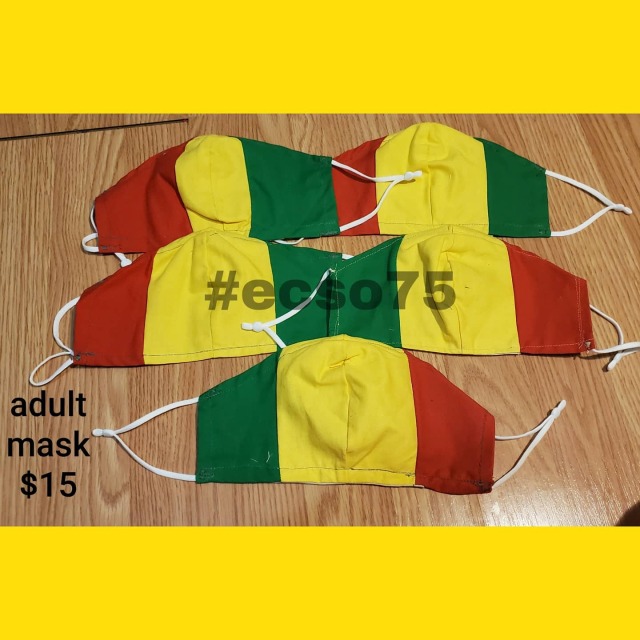
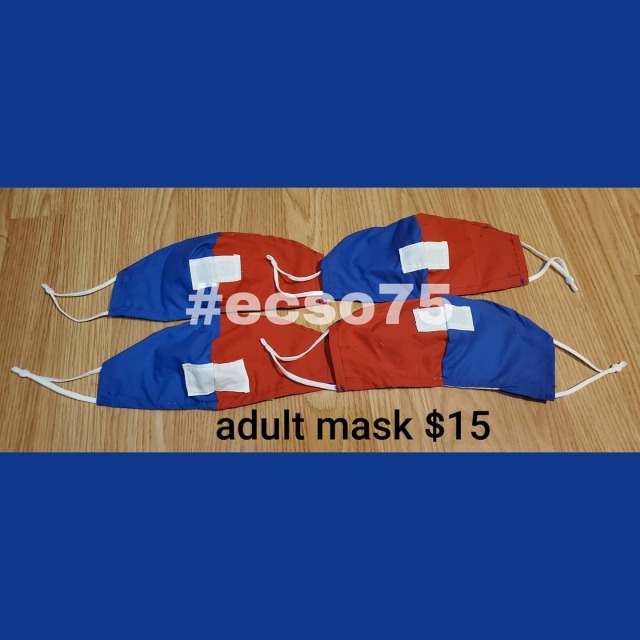





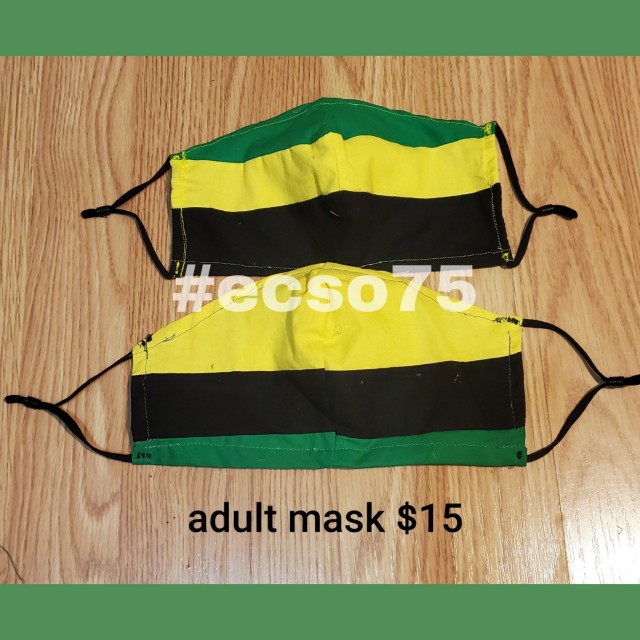

Mash it up!! Tried a little bit of creativity. Some not as perfect as I would like, but still very useful. Your #countrymask here!!
#rasta #reggae #mali #bolivia #congo #guinea #benin #ghana #senegal #ethopia #lithuania #togo #nigeria #haiti #jamaica #maskon #mask #afrocentric
Maybe I can do your flag, inbox and I’ll tell ya if I can . Inbox or comment to purchase.
Araki Koman is a Guinean Malian French artist who’s lived in five countries on three continents. It’s no surprise then that her love of global cultures has influenced everything from her artwork to her life choices. While living abroad, she founded OUM x YUKI, an interview-based website about finding yourself through travel. We talk to her about the aesthetics of emigration, mother-daughter connections, and being the odd one out. Photo by Marina Pen.
Tell us about your website OUM x YUKI. What is it all about?
OUM x YUKI is my website about multiculturalism, hybrid identity, and finding yourself through travel. I’ve always been inspired by cultures around the world, even as a child. I remember being four or five, going to Chinatown, and being obsessed with the colors, the smells, the sounds. When I got older I loved finding photos of fashion and aesthetics from all around the world. I was always learning and exploring.
Now I’ve lived in the UK, Denmark, Iceland, Canada, and China, and I’ve realized how travel can open your mind. All the people I’ve talked to through the website, whether they’re immigrants now or have traveled to different countries, have all had deep experiences that are difficult to describe. It becomes part of you. OUM x YUKI is a place where people can share those experiences and others can connect with them.
How did it all start?
I started it when I was in London in 2011, but it has evolved over time. I was working as a graphic designer, but I can never do just one thing, so I started selling clothes that I had from all my travels at a market. The vibe was inspired by my mom’s style when she arrived in France: a little funky and a little traditional at the same time. I decorated my stall with pictures of visual anthropology from around the world. I called the store OUM x YUKI.
The website took its current form when I was in Iceland, right after London. Living there, I connected with my parents’ immigrant experiences more than I ever had. I realized just how courageous they were. I wanted to pay tribute by focusing on the glamorous side of immigration. My website, like my clothing stall, reinterpreted earlier generations’ aesthetics with a modern eye.

Araki’s mom in France.
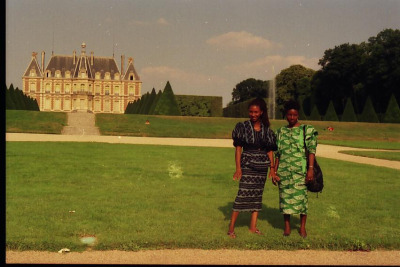
Araki’s mom and friend in France.

Araki’s mom in France.
It’s interesting that you connect family history and fashion. The usual trend is to focus on what’s up-and-coming. People rarely connect present with past.
Yes, designers always look to global cultures for inspiration, yet they never pay attention to the actual people. There is such a negative image of migration. But people who have moved places, they can be so open-minded and inspiring. There can be so much to learn and share from earlier generations.
The name OUM x YUKI reflects that mother-daughter connection. The “OUM” represents the mother, honoring women from older generations, especially moms who immigrate. It comes from Oum Kalthoum and Oumou Sangaré. Oum Kalthmou was a mid-century Egyptian singer who united the Middle East around her music. I liked her aesthetic. She was very traditional but also avant-garde. Oumou Sangaré is a Malian singer. She does traditionally Malian music, but she’s known around the world.
YUKI represents the daughter, the child of immigrants, the modern perspective. It comes from Yukimi Nagano from the band Little Dragon. She’s Japanese and American Swedish. Combined, OUM x YUKI represents the connection between old and new, Western and non-Western.
You’ve lived in a lot of different countries yourself. How did the experiences compare?
Well the big difference for me is between the societies that are homogeneous and the ones that are multicultural. In multicultural places with a history of immigration, like Bristol, Montreal, and London, it’s easy to adapt. Living in London was especially liberating for me. There are no boundaries; even in the mixing aesthetics: people dress up just to go buy bread and they mix things in such interesting ways. It’s very inspiring.
Societies that are more homogenous are different. In Denmark, a man in the supermarket tried to introduce me to his wife just because she was from Kenya. In China especially I had a bad experience. I was just a Black person to them. When they saw me they would have one reaction, and then they realized I was French and acted differently. It was the first time I realized I was Black. For a while after that I was like, okay that’s it. I don’t like Asia anymore.
I’ve done a lot of introspection in those situations. Because from when I was a child I’ve always been like, “I’m not black, I’m Araki!” I was never really into my parents’ culture growing up, and I don’t think about my color constantly. It’s not a big part of my perspective.

Drawing by Araki.

Drawing by Araki.

Drawing by Araki.
It’s interesting that you’re interested in other cultures, but don’t feel that connected to your own. Why do you think that is?
I don’t know, my curiosity about other cultures just comes naturally. Ever since I was little, I loved learning about other cultures and meeting people from other places. Growing up, people always thought it was weird. My family isn’t super traditional or religious, and people in school would always ask me why I wasn’t practicing or why I ate pork. It was so irritating to me. I was just doing what I wanted to do.
But I never tried to fit in. I just wanted to connect with people who were more open-minded. Thanks to the Internet, I didn’t feel so lonely. It was a way to get the courage to keep being myself. You find people who are like you, who have been there before and have moved forward. Even with OUM x YUKI, I continue to meet new people who are open-minded and inspiring.
How is it being back in France after living so many places?
It’s different. In France there’s social pressure to follow a certain path, and even if you have achievements in another area, it’s not enough. Experiences abroad are not taken seriously. It’s very frustrating, because I feel I’ve lived so many deep experiences and people aren’t even interested. They’ll be like, “Oh sorry, you don’t fit in the box.”
That’s why I’m still considering leaving. I feel freer in places where there are less boundaries. I also love Japan. I’ve loved it since I was 13, and when I visited a few years ago I had this déjà vu kind of feeling. I love the philosophy, the humbleness, wabi sabi aesthetics, the textiles, the food. I would love to go back for longer.
How are your values reflected in your art?
A love for cultures is in my subconscious, and it naturally comes to everything I do. When I draw and collage, I take inspiration form visual anthropology, like styles and spiritual symbols that occur around the world. I mix everything into one drawing. So maybe the girl I’m drawing will have a tattoo from North Africa and a haircut from Peru. I always just want to open people’s minds. We all have more in common than you think. ✰
See more at confluxmagazine.com
Post link

